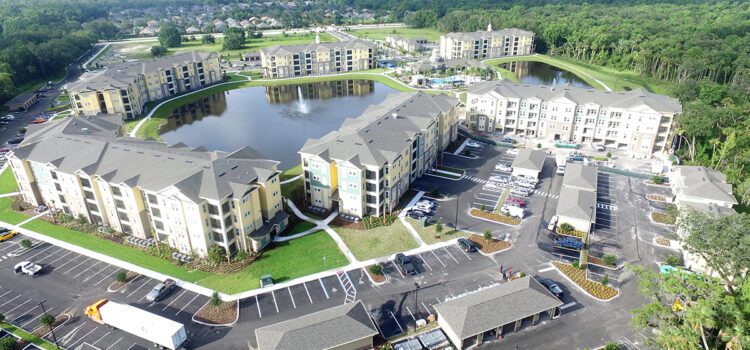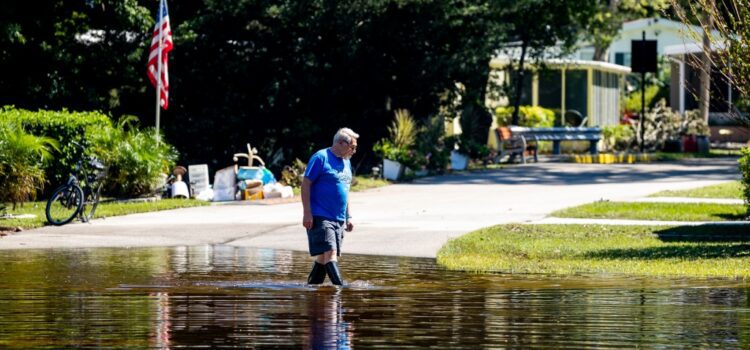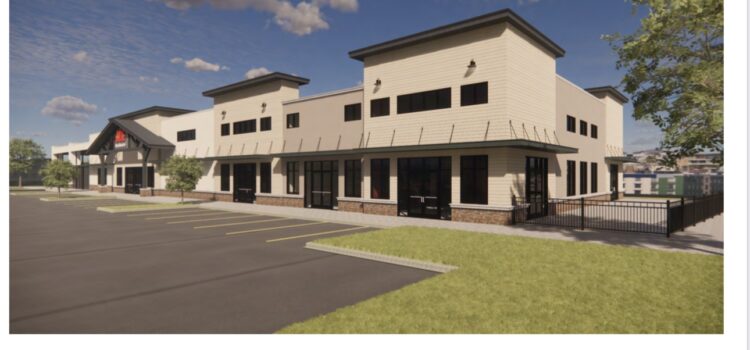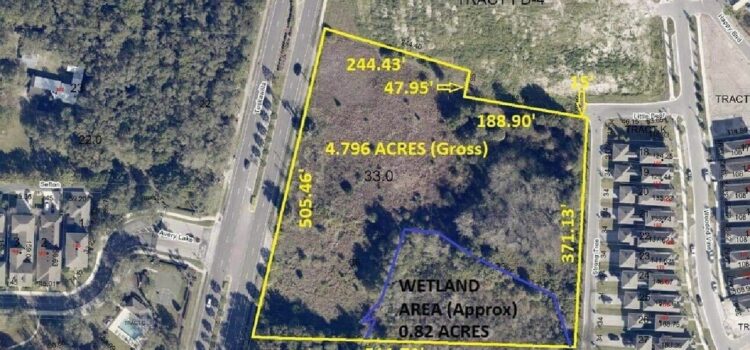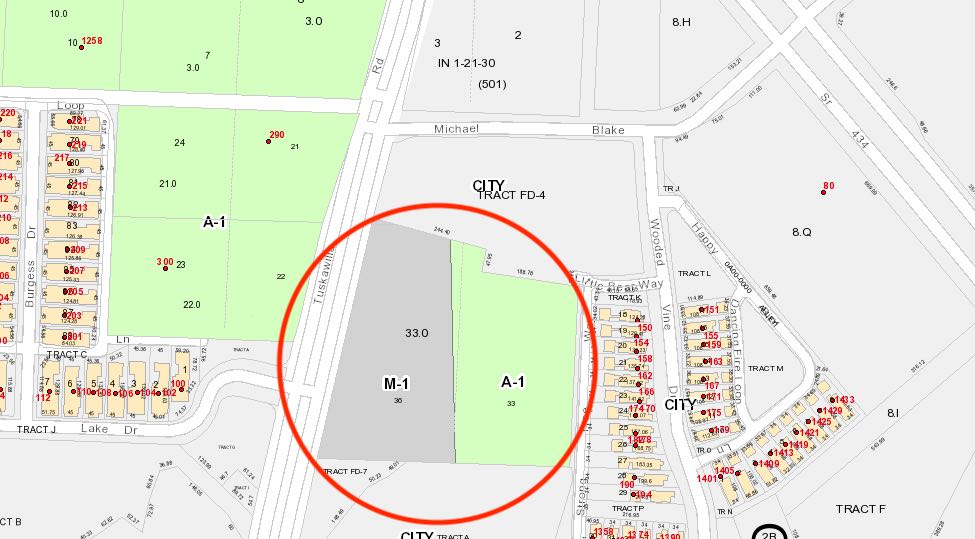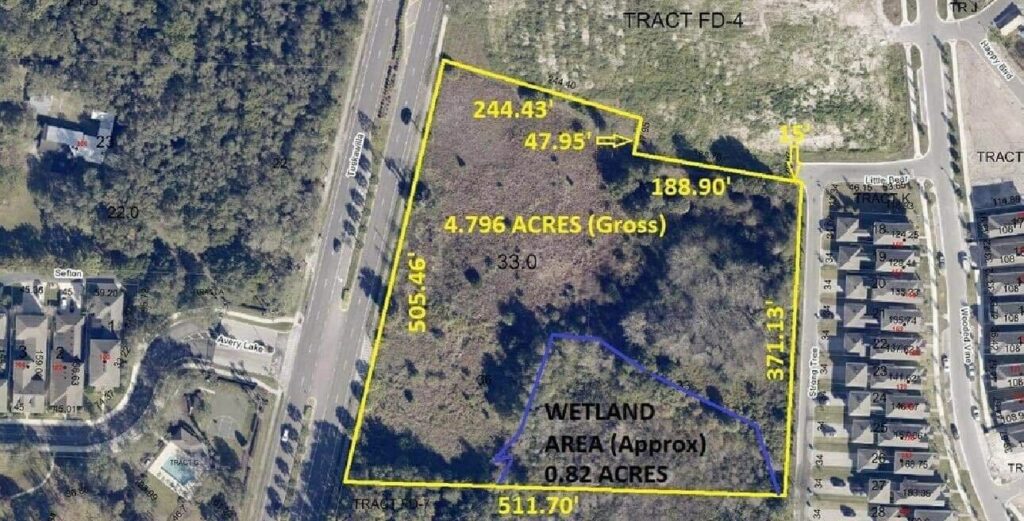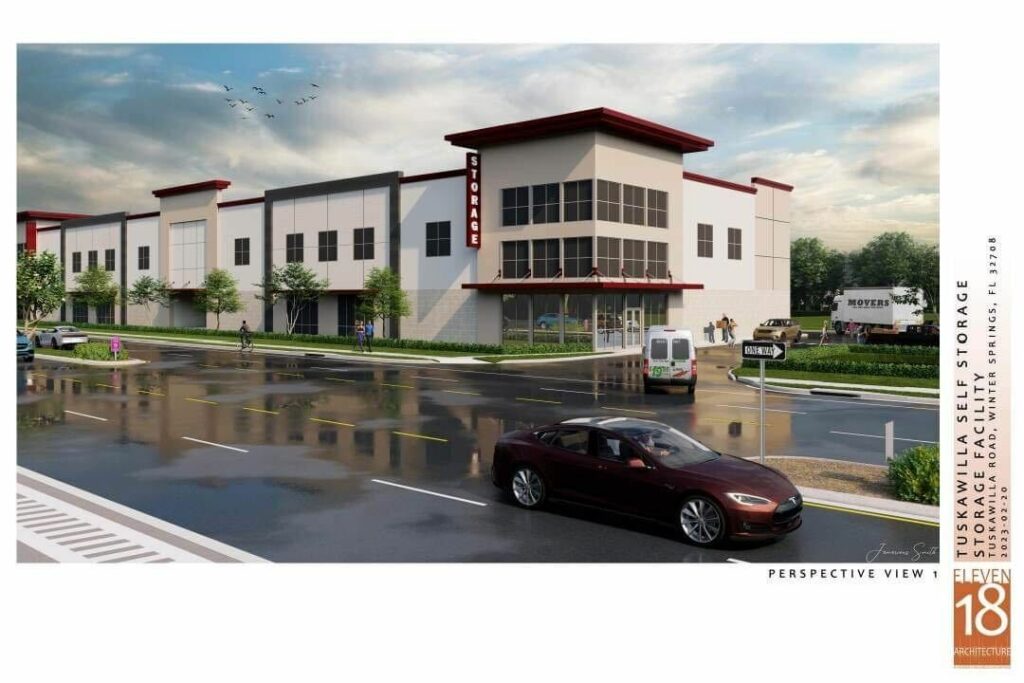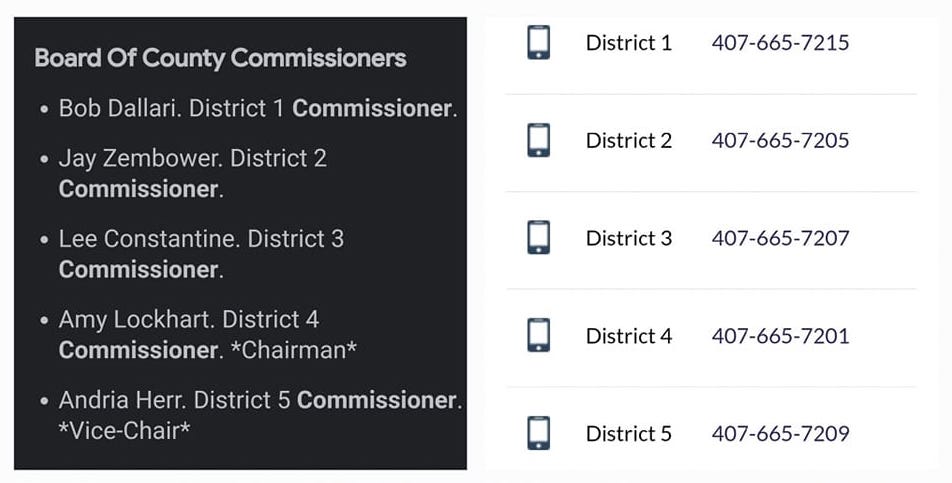A moratorium on growth enacted by the Winter Springs City Commission in early January has been extended through July 27 while the city implements a new stormwater policy for developers to follow.
The city adopted the original moratorium to temporarily halt new development projects while improvements were made to its stormwater infrastructure following flooding that occurred as a result of Hurricane Ian. The commission voted on March 27 to prolong the moratorium by another 90 days to allow more time for new stormwater standards to take effect.
While at least one apartment developer has backed out of plans for a lower-rent community during the moratorium period, it hasn’t prevented other concepts from coming forward.
Recently, a preliminary plan was presented to bring million-dollar homes to the shore of Lake Jesup.
The latest discussion on the moratorium came after commissioners voted on a game plan for its stormwater systems. The commission directed staff to move toward a policy that aligns with how the Florida Department of Transportation handles its projects.
David Hamstra, stormwater department manager with Pegasus Engineering who brought forward improvement recommendations to the city, said the new direction would result in stormwater ponds accompanying development projects to be built a little larger than what’s currently required by the city.
“This seems to be a good upgrade without getting too far out of the norm,” he told GrowthSpotter. “If engineers (for developers) have been doing this for a while, it will not be a significant increase on their time and effort for those who have done (projects) before through the DOT. As far as the cost to a developer, it’s hard to say. The ponds may get a little larger, maybe by about five percent, but I don’t think they will get much larger than that.”
The DOT follows a model called “Critical Duration Analysis” when it comes to determining the size of stormwater ponds for projects.
FDOT defines it as the following:
“Critical Duration means the duration of a specific storm event that creates the largest volume or highest rate of net stormwater runoff for typical durations up through and including the 10-day duration event. The critical duration is determined by comparing various durations of the specified storm and calculating the peak rate and volume of runoff from each. The duration resulting in the highest peak rate or largest total volume is the “critical duration” storm.”
Hamstra said it requires the developer to evaluate a various number of storm events as opposed to a single one.
“It’s more wide-ranging,” he noted. “They have to make sure the ponds are big enough so they can address large and small storm events of different durations.”
City leaders wanted to find an approach that wouldn’t be too restrictive to developers.
This option is “a proven design approach by the DOT, which has the most facilities in the state,” said interim city manager Philip Hursh. “Without being subjected to lawsuits, you can stand behind the DOT because it’s a proven and sound approach.”
After moving forward on the stormwater plan, the commission then voted unanimously to extend the moratorium that was originally set to expire on April 9.
As part of that extension, the commission stipulated that the moratorium would end upon passage of the new stormwater requirements.
Developers can still bring projects forward for review by staff during the temporary moratorium as long as the applicant agrees to the amended stormwater management and drainage standards adopted by the City Commission.
According to city records, there are 17 development projects currently in some stage of the review process in Winter Springs. One of these projects introduced recently for preliminary review is an upscale 14-lot subdivision on the shores of Lake Jesup. The million-dollar homes would feature a contemporary modern architectural style, according to materials submitted to the city.
Sean Glickman with Colliers International gave a presentation about the concept at the April 10 city commission meeting.
“We believe that a more luxurious style and more contemporary style will be more attractive for the highest payers of taxes that are looking for these types of homes,” he said. “I believe this subdivision will fit very nicely within the area of the town center, but also enhance it dramatically because of the contemporary, European, and luxurious feel.”
He said he believes the homes would sell in the $2 million and $3 million range. City commissioners encouraged the development team to pursue the project.
But at least one developer has abandoned plans amid the moratorium. Third Wave Development wanted to bring one of the company’s Avid-branded apartment communities with 80 units priced below market rate to the city. However, when the company’s CEO Chuck Hollis presented his concept to the commission in January he got little feedback and direction.
“Apartments are a tough one in Winter Springs,” Mayor Kevin McCann told Hollis.
Days later, Hollis informed city staff that he was no longer pursuing the project.

